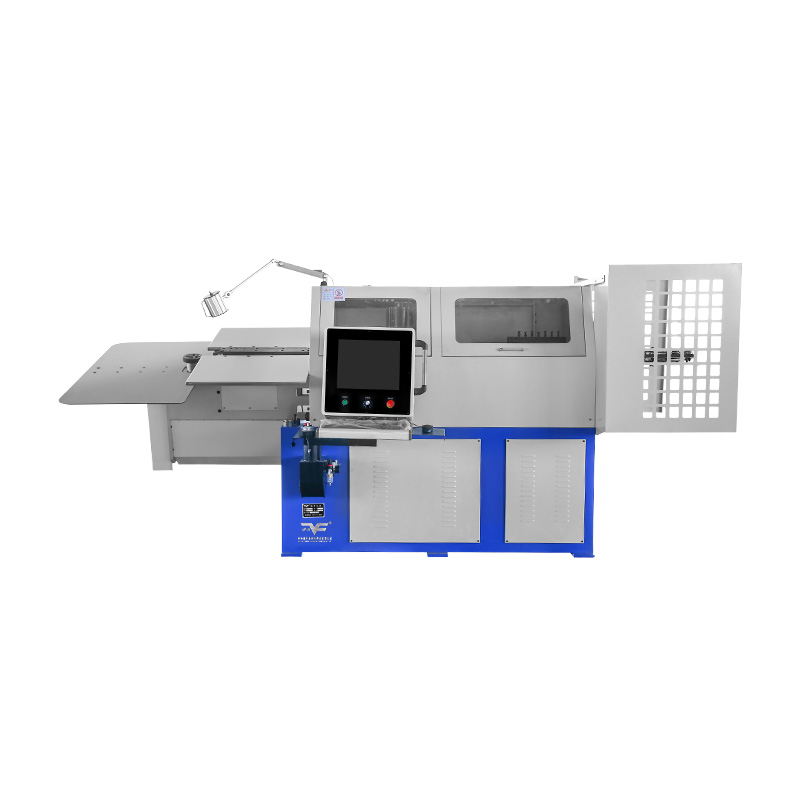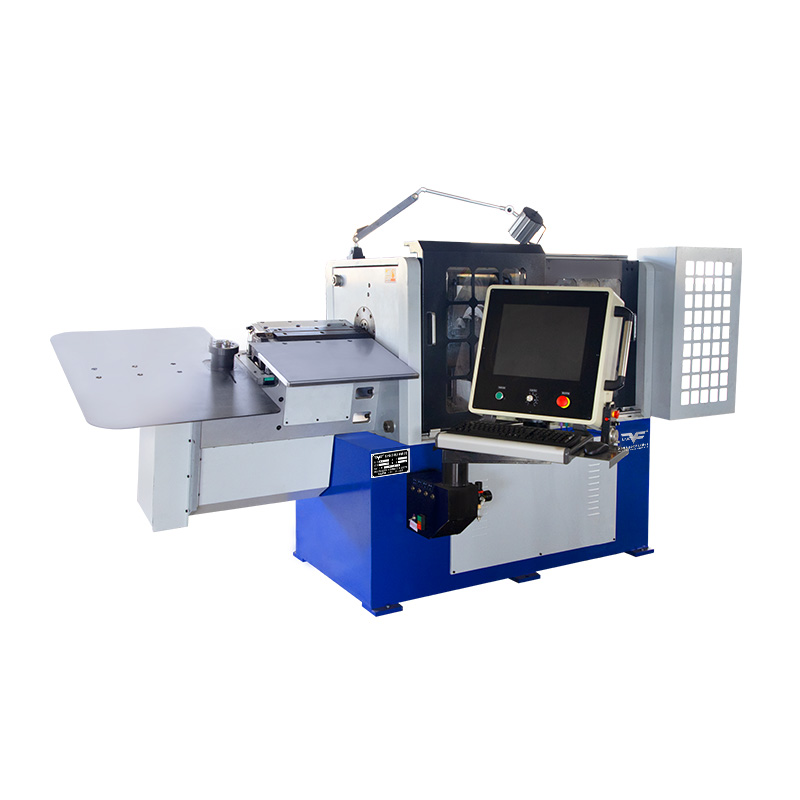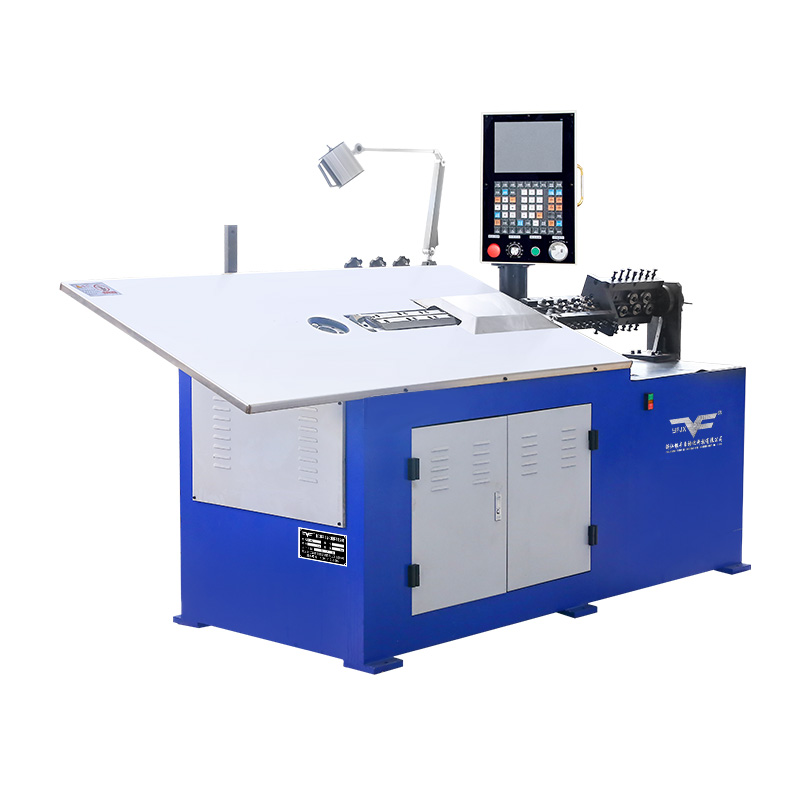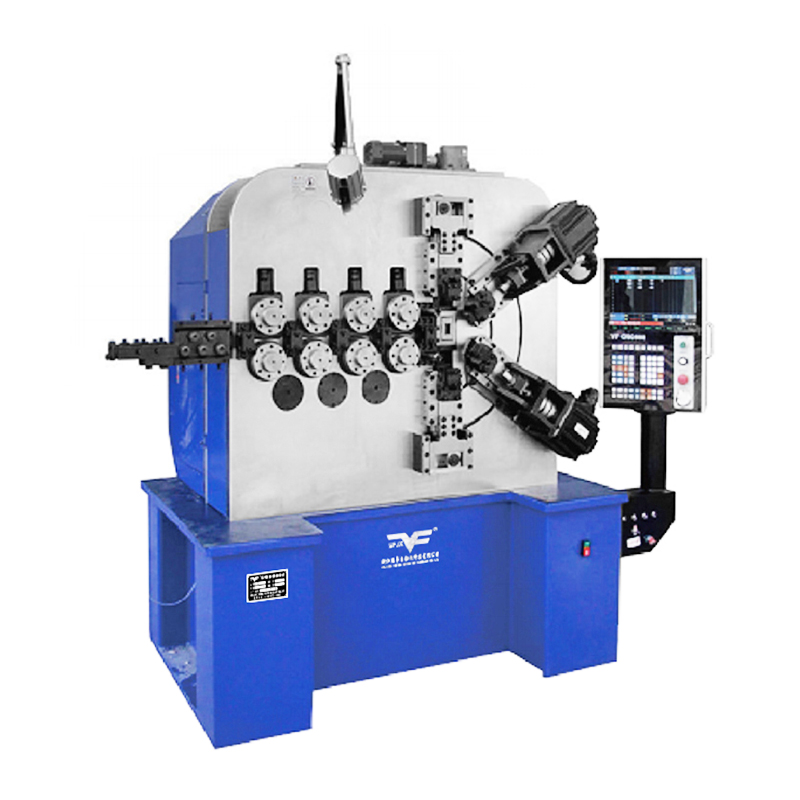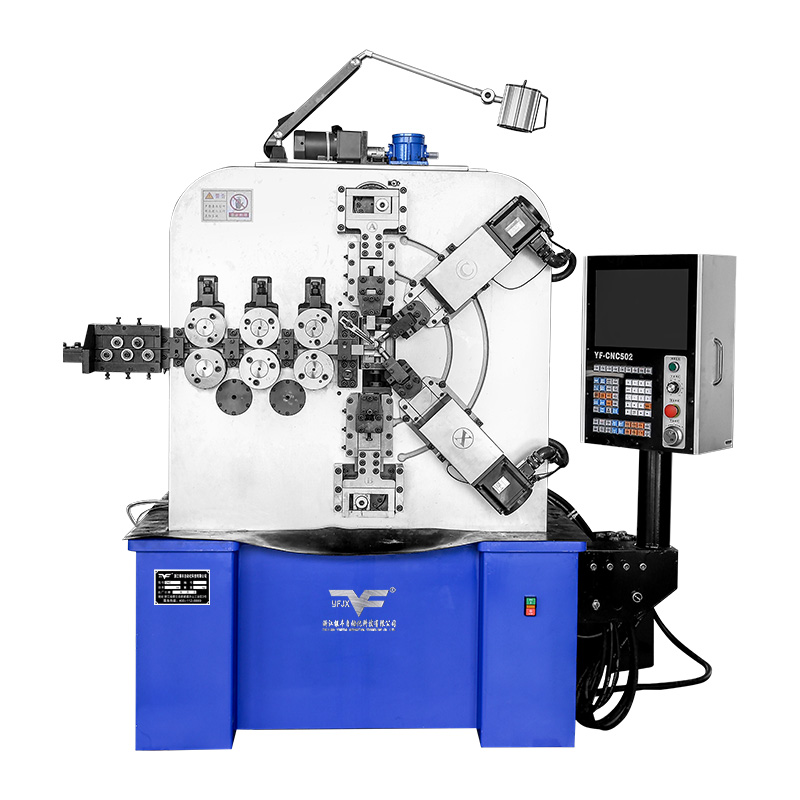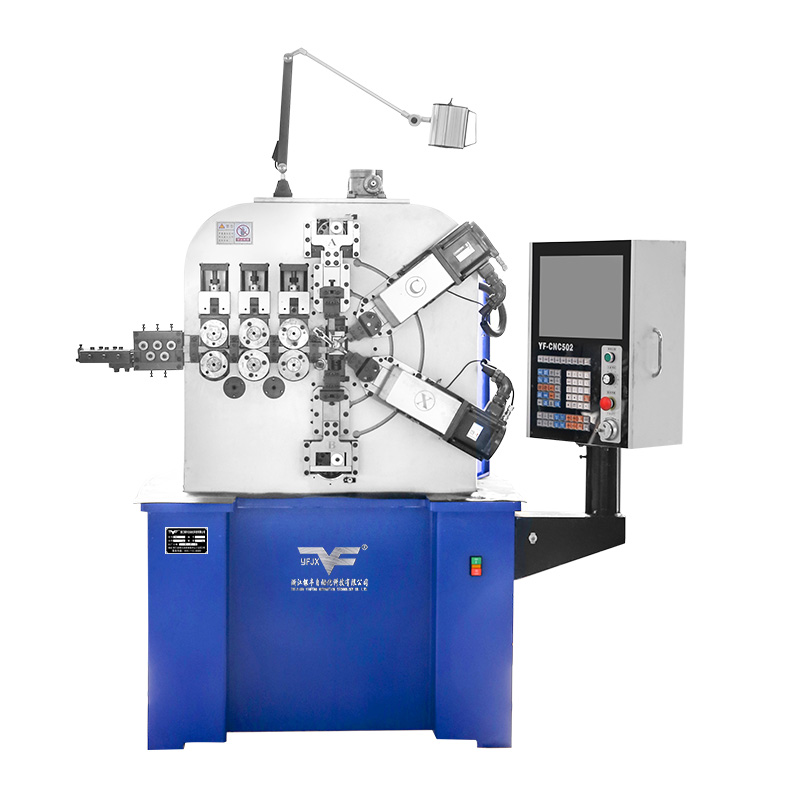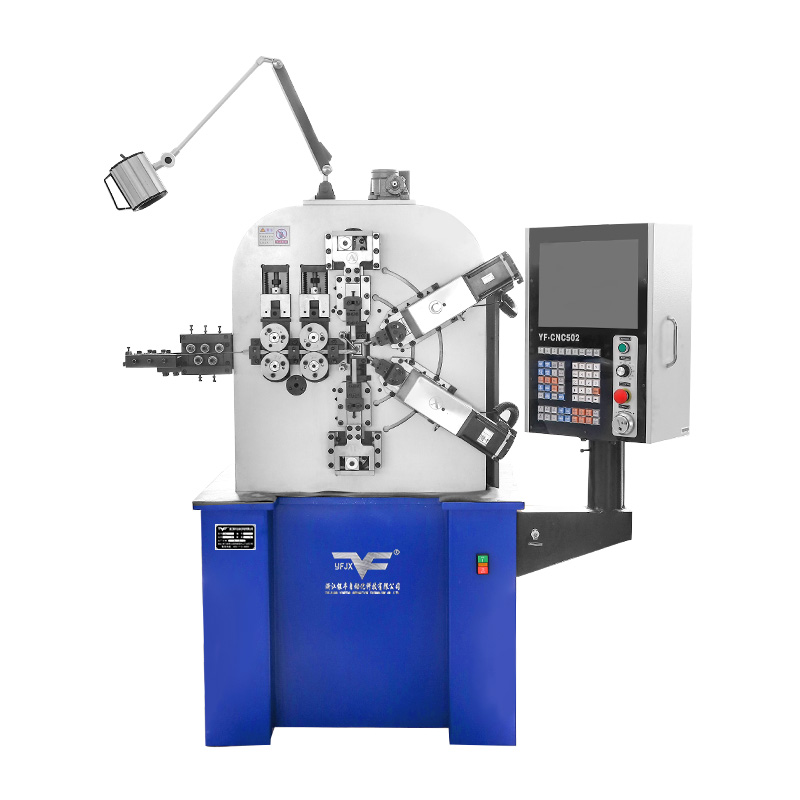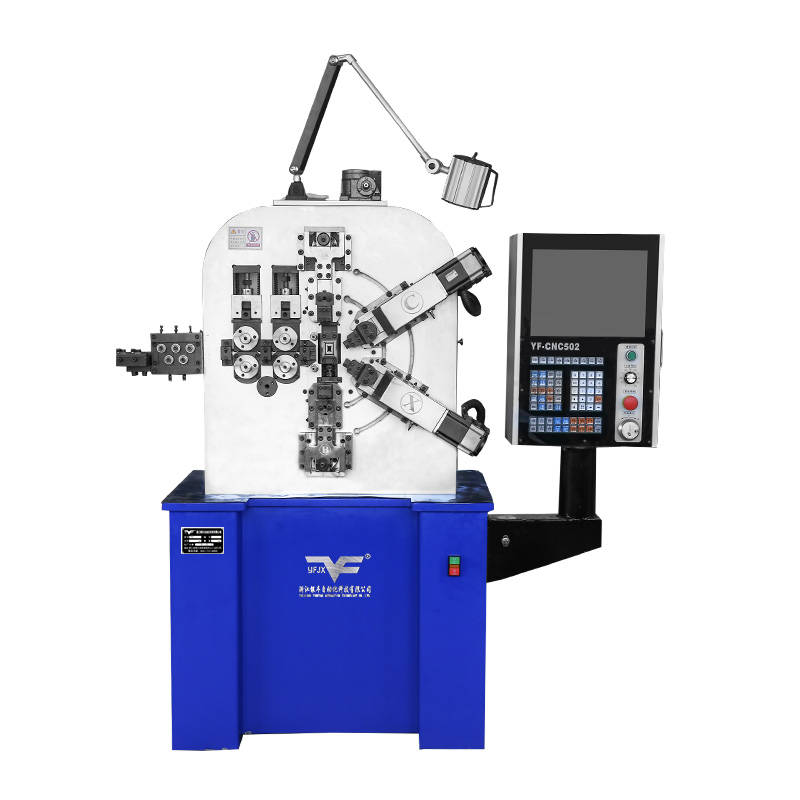New CNC Spring Coiling Machine Designs Support Wire Size Flexibility
Industry News-As the demand for diverse spring components grows across industries, the adaptability of spring production equipment has become increasingly significant. One notable area of advancement is in the development of the CNC Spring Coiling Machine, which continues to evolve to meet various material and dimensional requirements. With recent engineering improvements, manufacturers now benefit from machines that can adjust more efficiently to different wire sizes without major downtime or mechanical overhauls.
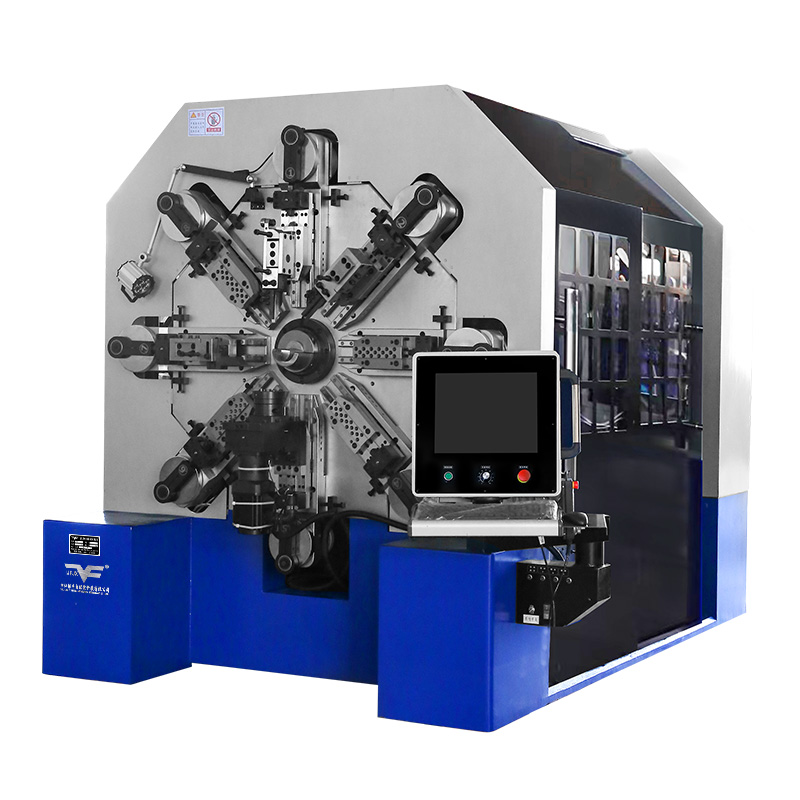
A CNC Spring Coiling Machine functions by automating the precise winding of wire into coil shapes through programmed commands. These machines are widely used in the production of compression, tension, and torsion springs for sectors such as electronics, automotive, and home appliances. The newer models are particularly focused on addressing the challenges associated with producing springs from wires of various diameters, whether fine or thick.
Modern CNC coiler designs are being refined to include servo-controlled axes and adjustable feeding mechanisms. These allow the same machine to handle a broader spectrum of wire sizes with small manual intervention. In the past, switching between different wire diameters often required tool changes or recalibration, which disrupted workflow. The latest CNC coiler systems incorporate automated wire guides and programmable roller adjustments that streamline the process and reduce the need for stoppages.
One of the key benefits of the advanced CNC Spring Coiling Machine is its ability to maintain consistent coil geometry across a range of wire thicknesses. This consistency supports quality control in mass production and short-run jobs alike. Additionally, these machines are often designed with user-friendly interfaces, allowing operators to switch coil specifications and wire dimensions with greater ease, which supports quick adaptation in dynamic production environments.
The expanded capability of the CNC coiler to process different wire sizes also brings value to workshops that handle custom or low-volume orders. Such flexibility means that businesses do not need separate equipment for each wire category, which helps reduce equipment investment and floor space usage. Moreover, the machine’s software can typically store multiple profiles, further simplifying setup for repeat orders with variable material inputs.
As the global market sees more demand for springs in varying forms, having a CNC Spring Coiling Machine that adapts to changes in wire size can increase competitiveness. This ability to produce reliable coils without sacrificing efficiency is particularly important for contract manufacturers and component suppliers catering to multiple sectors. Some workshops also appreciate the way these machines less waste during changeovers, contributing to material conservation and cost control.
The CNC coiler is no longer seen as a tool for large-scale output only; its versatility is opening up opportunities in prototyping, custom engineering, and specialized product development. Manufacturers that previously relied on manual or semi-automatic methods are increasingly adopting CNC systems for their repeatability and design flexibility.
The progression of CNC Spring Coiling Machine technology toward better wire size compatibility is changing how spring makers approach production planning. Instead of being limited by machine constraints, users can explore a broader range of coil types and specifications. The result is greater responsiveness to client demands and a more streamlined workflow.
With updated features focusing on wire size flexibility, the CNC coiler is reshaping the standards of modern spring manufacturing. Its adaptability supports both general production and niche applications, making it an essential asset for operations requiring varied coil specifications.

 English
English русский
русский Español
Español 简体中文
简体中文